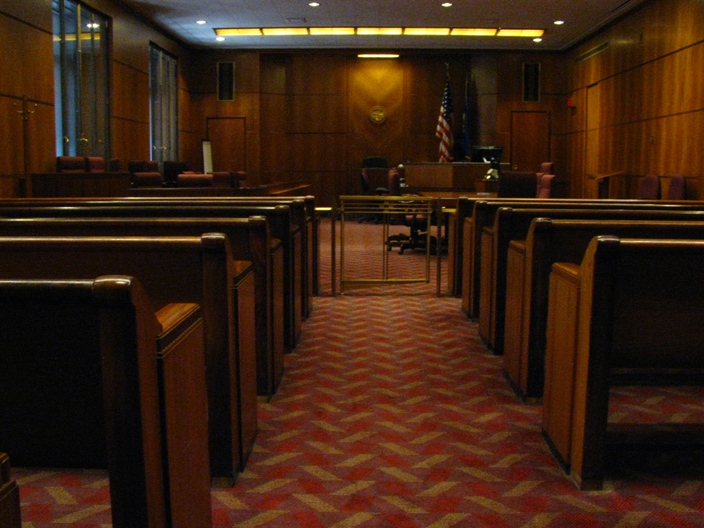 Nothing makes for less festive holiday conversation than sex offender treatment options. It’s just too easy to vilify and stigmatize those who might need such treatments as mere monsters, rather than seeing them as our fellow citizens who are in need of help. The pedophile priest scandal that has rocked our nation and touched our community demonstrates the large-scale damage that can result from systematic denial and institutionalized ignorance of those with inappropriate or deviant sexual predilections. It also shows why we should be aware of (if not sympathetic to) those that might need appropriate intervention for their conditions before their actions make news headlines.
Nothing makes for less festive holiday conversation than sex offender treatment options. It’s just too easy to vilify and stigmatize those who might need such treatments as mere monsters, rather than seeing them as our fellow citizens who are in need of help. The pedophile priest scandal that has rocked our nation and touched our community demonstrates the large-scale damage that can result from systematic denial and institutionalized ignorance of those with inappropriate or deviant sexual predilections. It also shows why we should be aware of (if not sympathetic to) those that might need appropriate intervention for their conditions before their actions make news headlines.
Sex offender treatment was a hot subject in our area last week. The first newsworthy event was the release of the expert report evaluating the Minnesota Sex Offender Program (MSOP), as ordered by U.S. District Court Judge Frank Donovan earlier this year. As observed in our previous blog, the MSOP came under federal fire for essentially incarcerating people in the guise of civil commitment and “treatment.” What has made MSOP so controversial is that it operates largely on a civil process and it’s where people might wind up at the end of serving a criminal sentence. A person does not get admitted via the tidy process of criminal conviction (with its more formalized Constitutional protections). Its “clients” reportedly receive little in the way of actual treatment, and have virtually no chance of being released from the program. Thus, the expert report calls for changes to the program. (***The report that the committee released last week is available for reading here at the library.***)
Similarly, it was announced this week that Ramsey County was withdrawing its funding to ABC, a local mental health project that has provided treatment for adult sex offenders with mental disabilities. Programs like ABC are not to be confused with MSOP, because they are usually day treatment programs and not civil commitments. Without their contract with the county, ABC has now shut its doors. Ramsey County announced its plan to steer its future treatment options toward a more “individualized” and “evidence-based” direction. (ABC operated on group therapy models.) Yet others say that ABC’s closure would be a special loss for the Ramsey County community, given that ABC catered primarily to mentally ill adults.
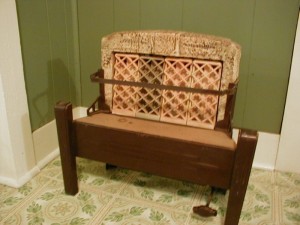
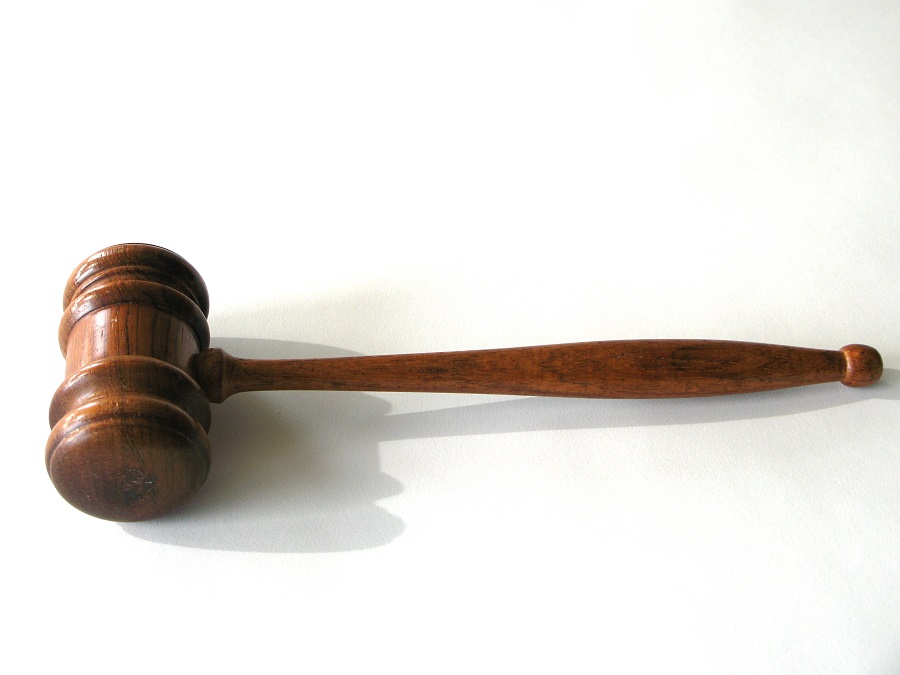
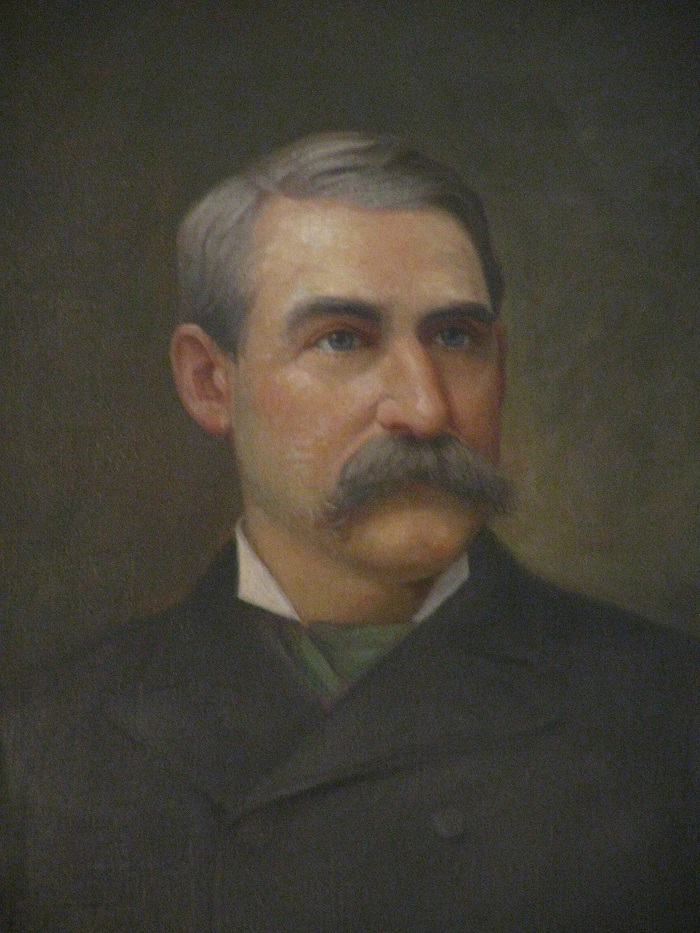
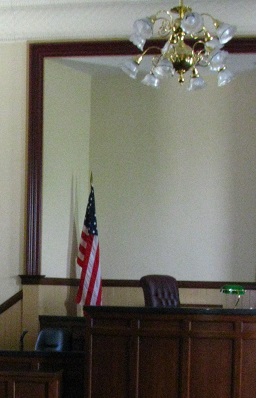
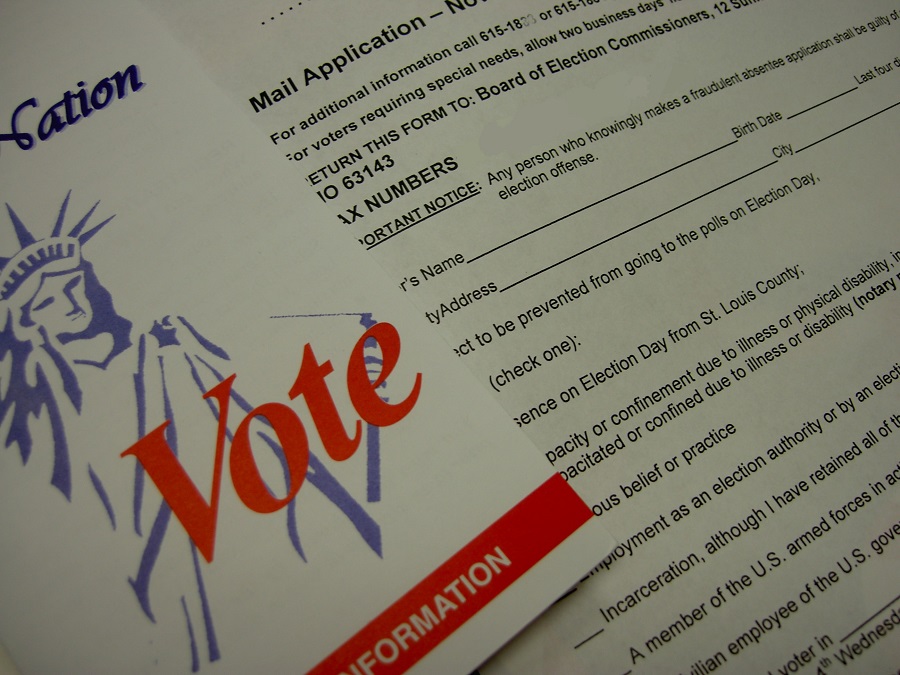

![shopping[1]](https://ramseylawlibrary.org/wp-content/uploads/2014/10/shopping1.jpg)

